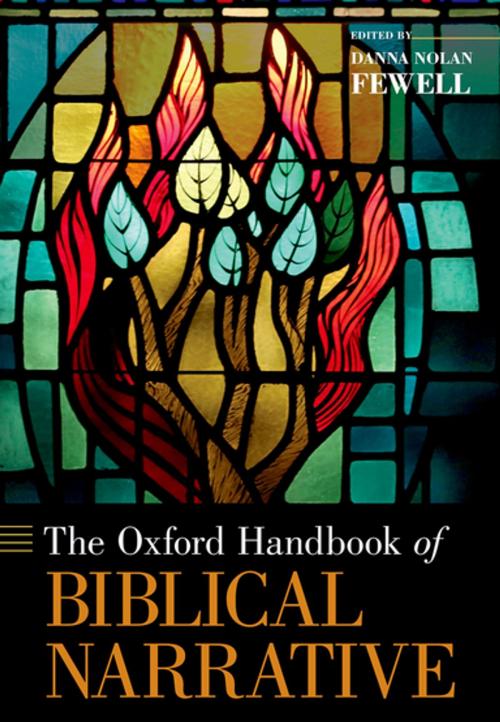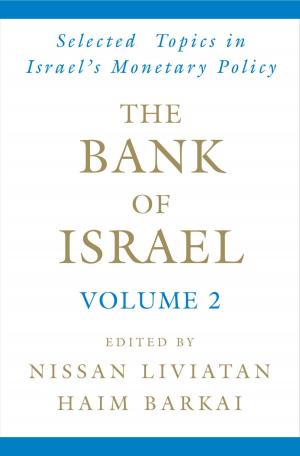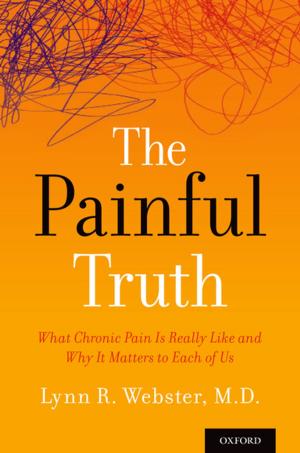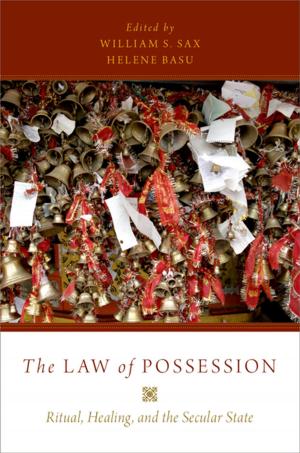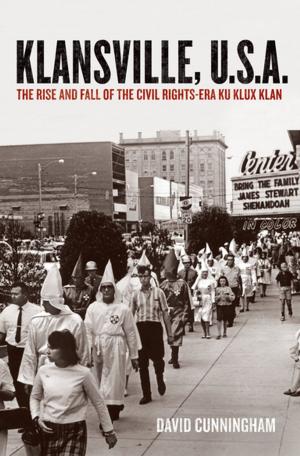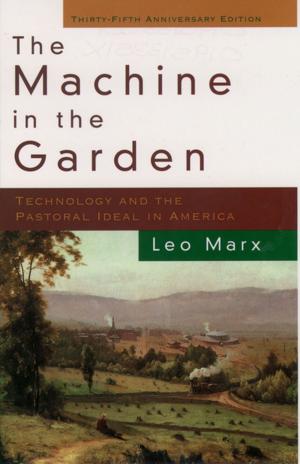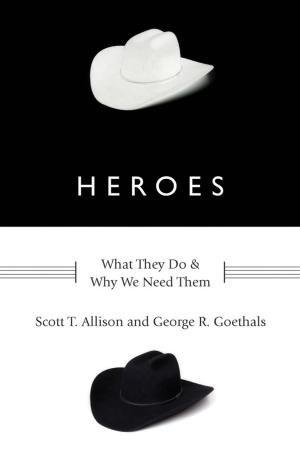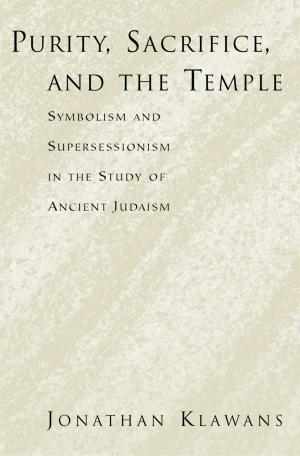The Oxford Handbook of Biblical Narrative
Nonfiction, Religion & Spirituality, Bible & Bible Studies, Criticism & Interpretation| Author: | ISBN: | 9780190627249 | |
| Publisher: | Oxford University Press | Publication: | May 30, 2016 |
| Imprint: | Oxford University Press | Language: | English |
| Author: | |
| ISBN: | 9780190627249 |
| Publisher: | Oxford University Press |
| Publication: | May 30, 2016 |
| Imprint: | Oxford University Press |
| Language: | English |
Comprised of contributions from scholars across the globe, The Oxford Handbook of Biblical Narrative is a state-of-the-art anthology, offering critical treatments of both the Bible's narratives and topics related to the Bible's narrative constructions. The Handbook covers the Bible's narrative literature, from Genesis to Revelation, providing concise overviews of literary-critical scholarship as well as innovative readings of individual narratives informed by a variety of methodological approaches and theoretical frameworks. The volume as a whole combines literary sensitivities with the traditional historical and sociological questions of biblical criticism and puts biblical studies into intentional conversation with other disciplines in the humanities. It reframes biblical literature in a way that highlights its aesthetic characteristics, its ethical and religious appeal, its organic qualities as communal literature, its witness to various forms of social and political negotiation, and its uncanny power to affect readers and hearers across disparate time-frames and global communities.
Comprised of contributions from scholars across the globe, The Oxford Handbook of Biblical Narrative is a state-of-the-art anthology, offering critical treatments of both the Bible's narratives and topics related to the Bible's narrative constructions. The Handbook covers the Bible's narrative literature, from Genesis to Revelation, providing concise overviews of literary-critical scholarship as well as innovative readings of individual narratives informed by a variety of methodological approaches and theoretical frameworks. The volume as a whole combines literary sensitivities with the traditional historical and sociological questions of biblical criticism and puts biblical studies into intentional conversation with other disciplines in the humanities. It reframes biblical literature in a way that highlights its aesthetic characteristics, its ethical and religious appeal, its organic qualities as communal literature, its witness to various forms of social and political negotiation, and its uncanny power to affect readers and hearers across disparate time-frames and global communities.
